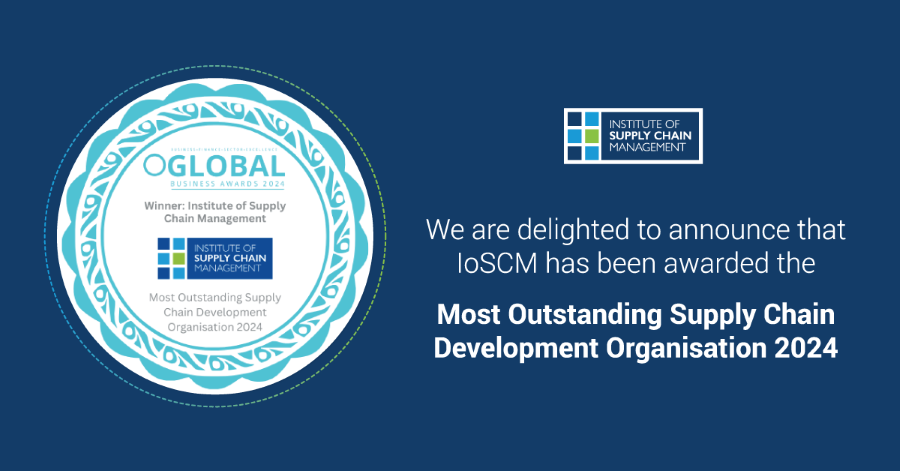
Understanding And Improving Quality Control In Manufacturing
Quality control (QC) is a crucial element in manufacturing that ensures products meet the required standards and specifications. Consistent QC practices can reduce defects, enhance customer satisfaction, and protect a company’s reputation. As technology advances and global competition increases, manufacturers are under more pressure to implement efficient quality control systems. Understanding the fundamentals of QC and how to improve it is key to sustaining success in any production environment.
The Importance of a Strong QC System
Implementing a robust control system is essential for several reasons. First and foremost, it ensures that only high-quality products reach the customer. Substandard products can lead to customer dissatisfaction, loss of business, and even damage to the brand’s reputation. Defective products can also result in costly recalls or legal issues.
Moreover, efficient QC systems help reduce waste and increase efficiency. Identifying defects early in the production process prevents further investment in faulty products, saving time, resources, and money. It also allows manufacturers to streamline operations, improve productivity, and reduce unnecessary costs.
Challenges in Quality Control
Despite its importance, QC in manufacturing can present several challenges. One major issue is human error, which can occur during manual inspections or when processes lack sufficient automation. Additionally, inconsistencies in raw materials or supplier errors can affect the condition of the final product.
Enhancing Quality Control in Manufacturing
Improving quality control involves more than just reducing defects; it’s about creating a culture of continuous improvement and attention to detail throughout the production process. Here are several ways manufacturers can enhance their QC systems:
Automation and Technology:
Leveraging advanced technologies like artificial intelligence (AI), machine learning, and real-time data analytics can revolutionise QC processes. These technologies help detect anomalies early, predict potential issues, and provide instant feedback, leading to better outcomes.
Tactical Control Systems:
Incorporating tactical control systems by Marotta Controls can enhance precision in manufacturing processes. These systems offer greater control over variables such as pressure, temperature, and fluid dynamics, which can improve the overall quality and reliability of products, especially in sectors like aerospace, defence, and energy.
Training and Continuous Improvement:
Investing in employee training ensures that staff understand the importance of quality control and can operate effectively within established procedures. Regular audits, process reviews, and fostering a culture that embraces continuous improvement also contribute to a more effective QC system.
Supplier Quality Management:
Collaborating closely with suppliers is crucial for ensuring that raw materials meet the necessary quality standards. Implementing supplier quality assessments and setting clear expectations regarding material specifications can prevent issues from arising later in the production cycle.
In Conclusion
Quality control is the backbone of successful manufacturing operations, ensuring that products meet industry standards and customer expectations. As manufacturing becomes increasingly competitive and complex, companies must prioritise improving their QC processes through technology, strategic control systems, and a commitment to continuous improvement. Adopting these strategies can lead to higher product quality, reduced operational costs, and a stronger market reputation. To learn, check out the accompanying resource below.
Find out why IoSCM has been awarded the Most Outstanding Supply Chain Development Organisation 2024 HERE.
With a wide range of professional qualifications, expert resources and outstanding support, IoSCM can help you advance your professional capabilities and those of your organisation. Call 0800 1422 522 and speak with a course advisor to find out how we can help you.

